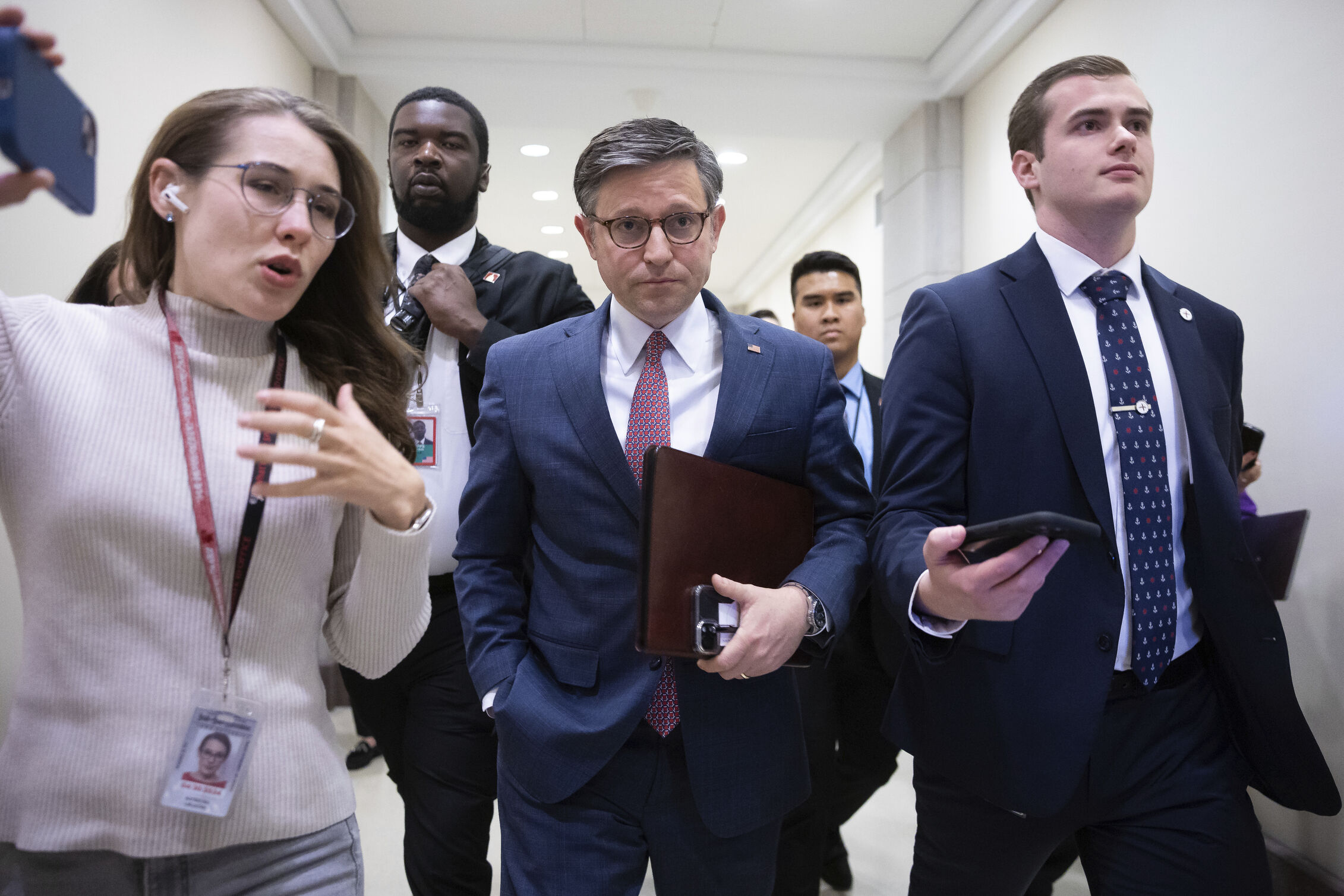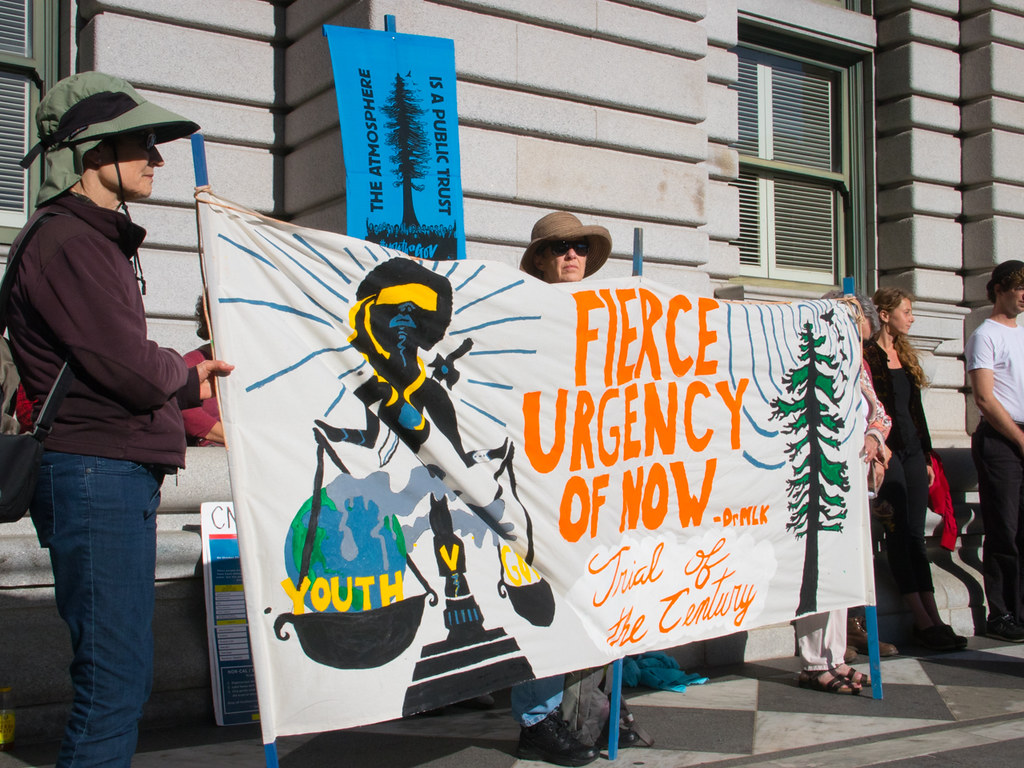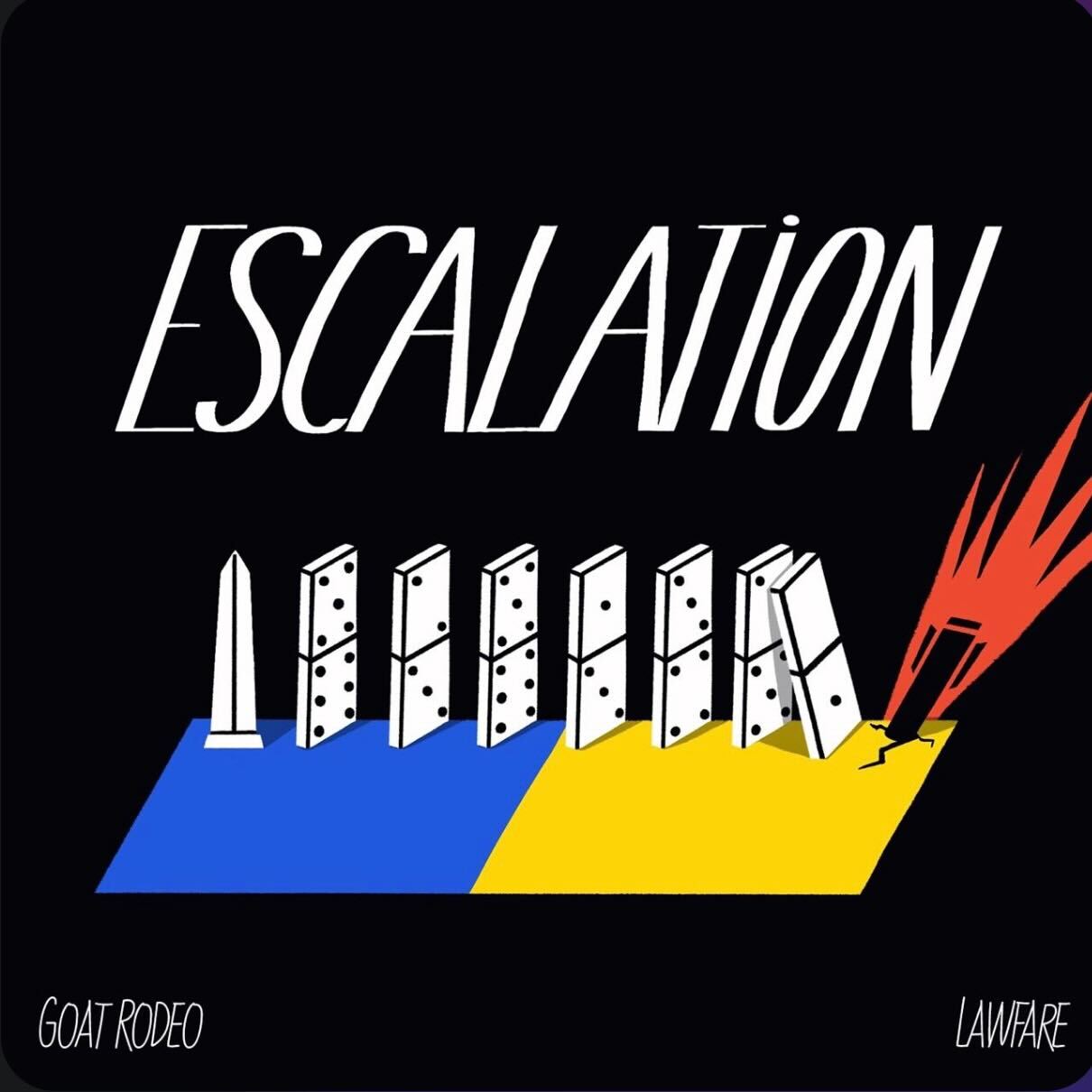Trump Offers Excuses for Disappearance of Saudi Dissident, Deadline Passes for Demilitarized Zone in Syria
Consequences of Khashoggi Disappearance Hit Saudi Arabia
Published by The Lawfare Institute
in Cooperation With

Consequences of Khashoggi Disappearance Hit Saudi Arabia
Turkish police concluded a nine-hour search of the Saudi consulate in Istanbul early Tuesday morning. They were looking for evidence regarding the disappearance and presumed murder of Jamal Khashoggi, the Saudi dissident and Washington Post contributor who has not been seen since he entered the consulate on October 2. Turkish media report that the police will also search the consul’s residence later today. It is not clear if any additional evidence was found to support accusations from intelligence officials that Khashoggi was killed, dismembered, and secretly removed from the consulate by a team of 15 security personnel dispatched from Saudi Arabia.
Khashoggi’s disappearance has created a dramatic rupture in Saudi Arabia’s relations with Turkey and the United States. That Crown Prince Mohammed bin Salman would order Khashoggi’s murder, and that it would be carried out brazenly at a diplomatic facility in a foreign country, seems to epitomize the hazards of the rising royal’s aggressive policies and sense of impunity, even more so than the other reckless acts on his resume—the stalemated war in Yemen, feckless diplomatic feuds with Qatar and Canada, and the widespread arrests of Saudi dissidents, including women who advocated for the driving rights MBS recently granted. The incident has prompted a wave of criticism from U.S. politicians who previously supported the crown prince’s agenda. “I’ve been their biggest defender on the floor of the United States Senate,” Sen. Lindsey Graham said Tuesday morning on Fox News. “This guy is a wrecking ball. He had this guy murdered in a consulate in Turkey and to expect me to ignore it, I feel used and abused.” Graham added that MBS is “toxic” and “can never be a world leader on the world stage.” A bipartisan group of two dozen senators have called for an investigation to determine whether Khashoggi’s disappearance warrants sanctions on Saudi Arabia in accordance with the Global Magnitsky Act, and some legislators have renewed calls for the United States to withdraw the logistical support it has provided to Saudi forces operating in Yemen.
President Trump, though, has expressed reticence to enact punitive measures. Trump initially expressed concern about Khashoggi’s disappearance last week, but stressed that “nobody knows anything about it.” Since then, he has emphasized that Saudi officials have denied allegations of orchestrating Khashoggi’s murder, and though he warned of potentially “severe punishment” if the Saudis are proven to have killed Khashoggi, he said on 60 Minutes that he did not want to take actions that could limit U.S. arms sales to Saudi Arabia. (The Washington Post’s Philip Bump notes that Trump also has appears to have significant private financial interests in maintaining good business relations with the Saudis.) On Monday, Trump seemed to offer an absurd face-saving explanation. "It sounded to me like maybe these could have been rogue killers," he said. "Who knows?"
An unauthorized death squad was just casually granted access to the Saudi consulate and consul’s residence, where they secretly murdered a dissident and then mutilated and removed his body? It’s an outlandish idea that, even if it were true, still can’t be reconciled with the regime’s repeated denials of any knowledge of Khashoggi’s disappearance. Saudi officials are reportedly working on their own excuse, which is expected to claim that Khashoggi died during an unauthorized interrogation. But that, too, seems less than credible, given the presence of a member of MBS’ security detail and a forensics specialist in the group at the consulate that day; it also contradicts how the story has been portrayed in the Saudi media, where it is dismissed as a conspiracy theory or a Qatari plot.
U.S. Secretary of State Mike Pompeo met with King Salman and the crown prince in Riyadh on Tuesday. He was greeted by Prince Khalid bin Salman, MBS’ younger brother and the current ambassador to Washington, who U.S. officials told the New York Times seems to have been withdrawn from that post. In videos of their meeting, Pompeo and MBS can be seen smiling warmly as they shake hands. The State Department said in a statement that Pompeo thanked MBS for committing to “a thorough, transparent and timely investigation” of the incident. “We are strong and old allies,” MBS told reporters in English. “We face our challenges together.”
Both the Trump administration and the Saudi regime would clearly like to resolve the crisis quickly. Saudi Arabia has been a key partner of the administration’s Middle East policy since before Trump visited the kingdom in May 2017, the first overseas trip of his presidency. Riyadh has backed Trump’s withdrawal from the Joint Comprehensive Plan of Action, part of a broader shared agenda to isolate Iran, and when the Trump administration needed to pressure the Palestinians on the terms of its forthcoming peace plan last November, MBS summoned Mahmoud Abbas and delivered an ultimatum that he could accept the plan or resign. (That plan has since been postponed, reportedly because the Trump administration’s unilateral decision to move the U.S. embassy to Jerusalem was too forward for King Salman.)
The Saudi regime has more on the line than continued access to U.S. weapons manufacturers. The current crisis threatens MBS’ already-faltering signature policy, Saudi Vision 2030, an ambitious package of social and economic reforms designed to wean the economy from its dependence on oil and ensure the long-term stability of Saudi Arabia—and his rule. That rests on foreign investment, but businesses and investors have recoiled at the allegations that MBS ordered a hit on Khashoggi. Saudi stocks crashed 7 percent on Sunday, dropping all their gains for 2018, though they rebounded somewhat the next day. Businesses and executives are also pulling out of Saudi Arabia’s Future Investment Initiative conference, which is scheduled to take place next week. Billed as “Davos in the desert,” the conference was meant to bring together influential investors to gin up support for new Saudi economic projects, but it will now be most notable for who is not there. Executives from Google, Uber, Ford, JPMorgan Chase, Blackstone, Blackrock, and others, have already canceled their plans to attend, and media companies the Financial Times, the New York Times, Bloomberg, among others, have also said they will not be there. As of Tuesday morning, U.S. Treasury Secretary Steven Mnuchin and International Monetary Fund Managing Director Christine Lagarde were still slated to attend, but the list of prominent individuals involved is continuing to dwindle.
Deadline for Rebel Withdrawal from Idlib Demilitarized Zone Passes
Monday marked the deadline for rebel fighters to vacate a demilitarized zone between rebel and regime forces in Idlib Province, Syria. The DMZ was negotiated by Turkish President Recep Tayyip Erdogan and Russian President Vladimir Putin in Sochi last month in a last-minute bid to avert a new regime offensive on the northern province, one of the last rebel enclaves in western Syria. The arrangement required rebels to withdraw deeper into Idlib by October 15, leaving a buffer zone to be patrolled by Turkish and Russian forces.
Though Turkish media claimed that rebels had withdrawn their heavy weaponry on time last week, rebel groups remained in the designated DMZ as the deadline passed on Monday. Hayat Tahrir al-Sham, one of the most powerful rebel groups in Idlib, which has ties to al-Qaeda and been seen as a potential spoiler for the agreement, said it would fight on and issued a warning about “the deceitfulness of the Russian occupier.” However, it was ambiguous about whether it would stand down in the DMZ, which International Crisis Group’s Sam Heller pointed out may indicate a “tacit” acceptance of the arrangement. Other, more radical rebel groups have explicitly rejected the deal, and on Saturday, rebel forces shelled regime troops, killing two soldiers.
Even in the best-case scenario, the DMZ arrangement was unlikely to be more than a temporary stop-gap to prevent another devastating regime offensive, like others over the past two years that have brought much of rebel-held territory in western Syria back under regime control. (Those offensives have included the frequent use of chemical weapons, according to a new BBC investigation, and AFP reports that the regime has cut off aid supplies to many of the devastated areas it has retaken.) With rebel groups not abiding by the deal, though, now even its implementation is in doubt. Syrian Foreign Minister Walid al-Moualem said that it would be up to Russia to decide whether the deal took effect, but warned on Monday that regime troops were ready to press into Idlib. Residents told AFP that they received text messages last Friday warning them to keep their distance from rebels continuing to operate in the DMZ, including one that read, “Get away from the fighters. Their fate is sealed and near.”





